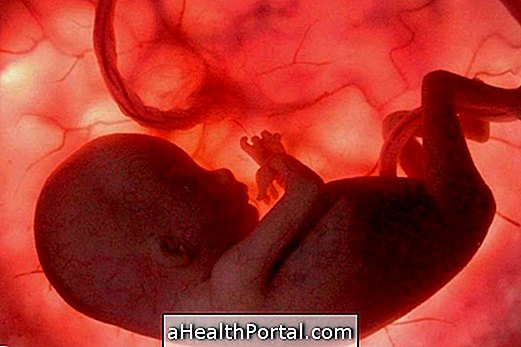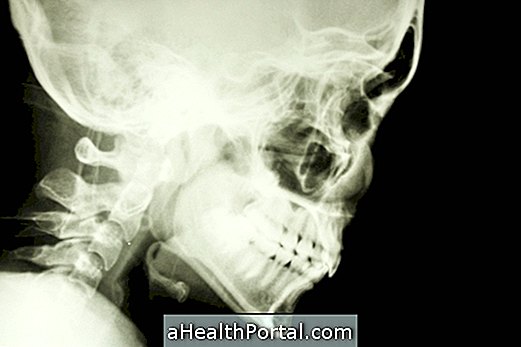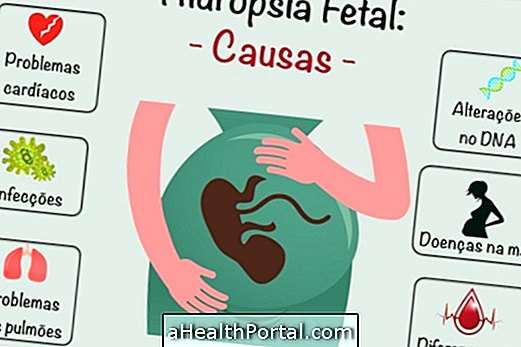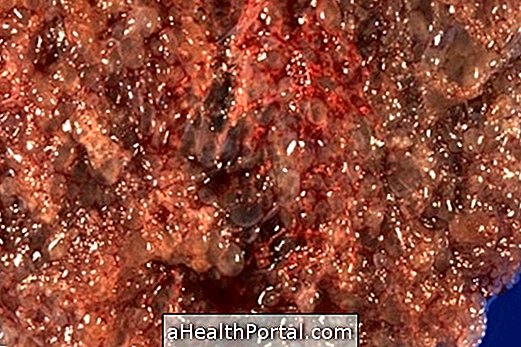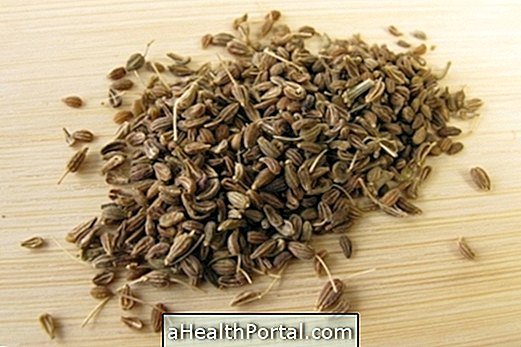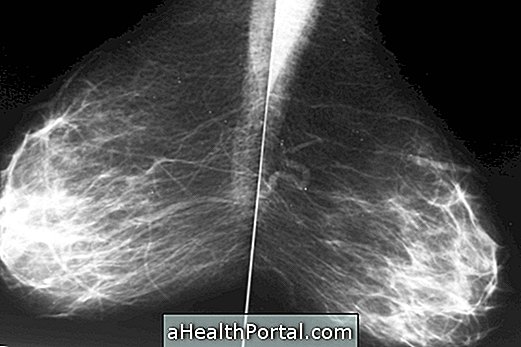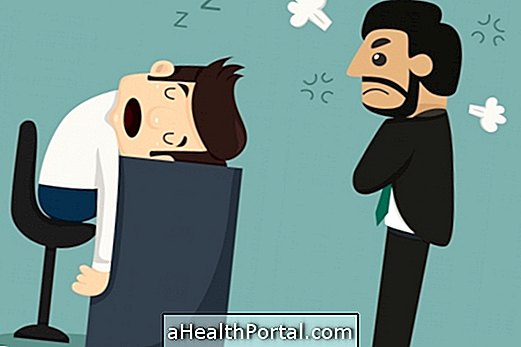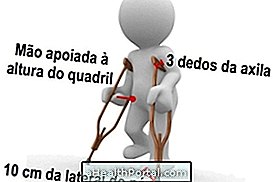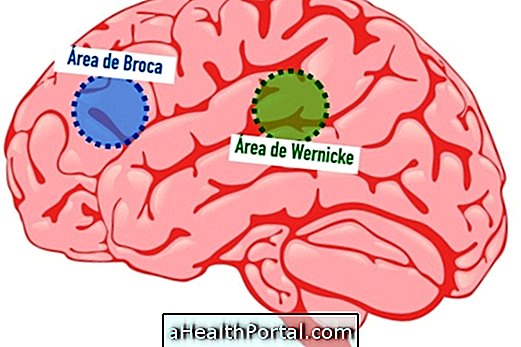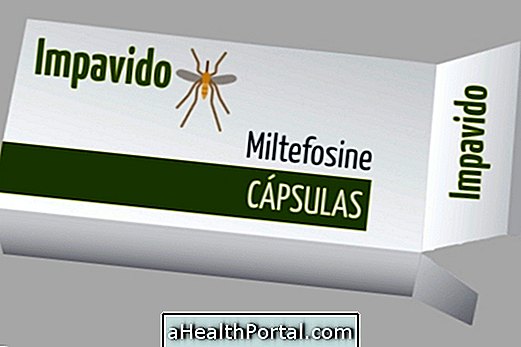Behçet's disease is a rare condition characterized by the inflammation of different blood vessels, causing the appearance of skin lesions, mouth ulcers and vision problems. Symptoms do not usually appear at the same time, with several life-threatening seizures.
This disease is more common in the 20 to 40 years, but can happen at any age, and affects men and women in the same proportion. The diagnosis is made by the physician according to the symptoms described and the treatment is aimed at relieving the symptoms, and it is usually recommended to use anti-inflammatories or corticosteroids, for example.
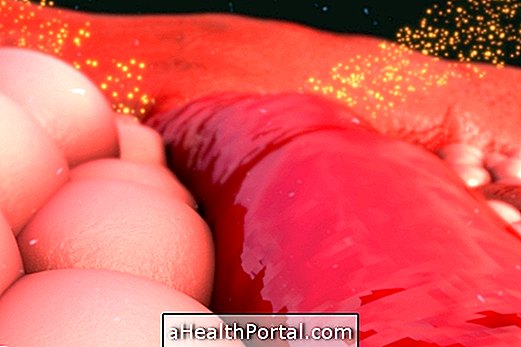
Symptoms of Behçet's Disease
The main clinical manifestation related to Behçet's disease is the appearance of painful canker sores in the mouth. In addition, other symptoms of the disease are:
- Wounds on the genitals;
- Blurred vision and red eyes;
- Frequent headache;
- Painful and swollen joints;
- Recurrent diarrhea or bloody stools;
- Skin lesions;
- Formation of aneurysms.
Symptoms of Behçet's disease do not necessarily arise at the same time, in addition to symptomatic and asymptomatic periods. Therefore, it is common for one crisis to arise during one crisis, and in the other, completely different ones.
Neurological symptoms
The involvement of the brain or spinal cord is rare, but the symptoms are severe and progressive. Initially the person may experience headache, fever and stiffness in the neck, the symptoms being similar to meningitis, for example. In addition, there may be mental confusion, progressive loss of memory, altered personality and difficulty in reasoning.
How is the diagnosis made?
The diagnosis of Behçet's disease is based on the symptoms presented by the doctor, as there are no laboratory tests and images capable of closing the diagnosis. However, blood tests may be necessary to rule out the possibility of other diseases that occur with similar symptoms.
If no other problem is discovered, the doctor may arrive at the diagnosis of Behçet's Disease if more than 2 symptoms appear, especially when the mouth sores appear more than 3 times in 1 year.
What is the recommended treatment
Behçet's disease has no cure and thus the treatment is done only to relieve the symptoms presented by the patient and to improve the quality of life. Thus, your doctor may recommend the use of corticosteroid or anti-inflammatory drugs to treat pain during crises or immunosuppressive medicines to prevent seizures from appearing as often. Learn more about treatment for Behçet's disease.
